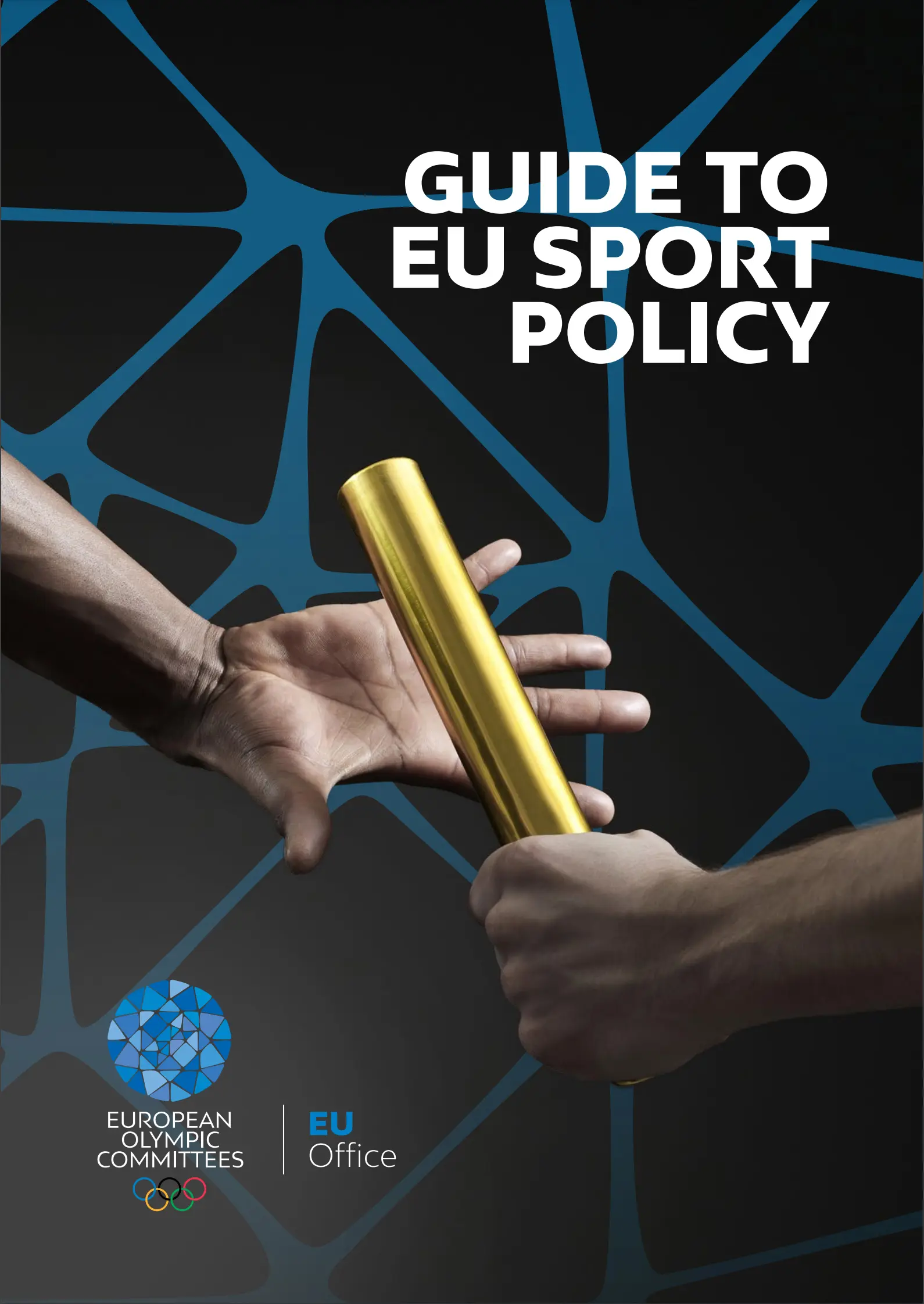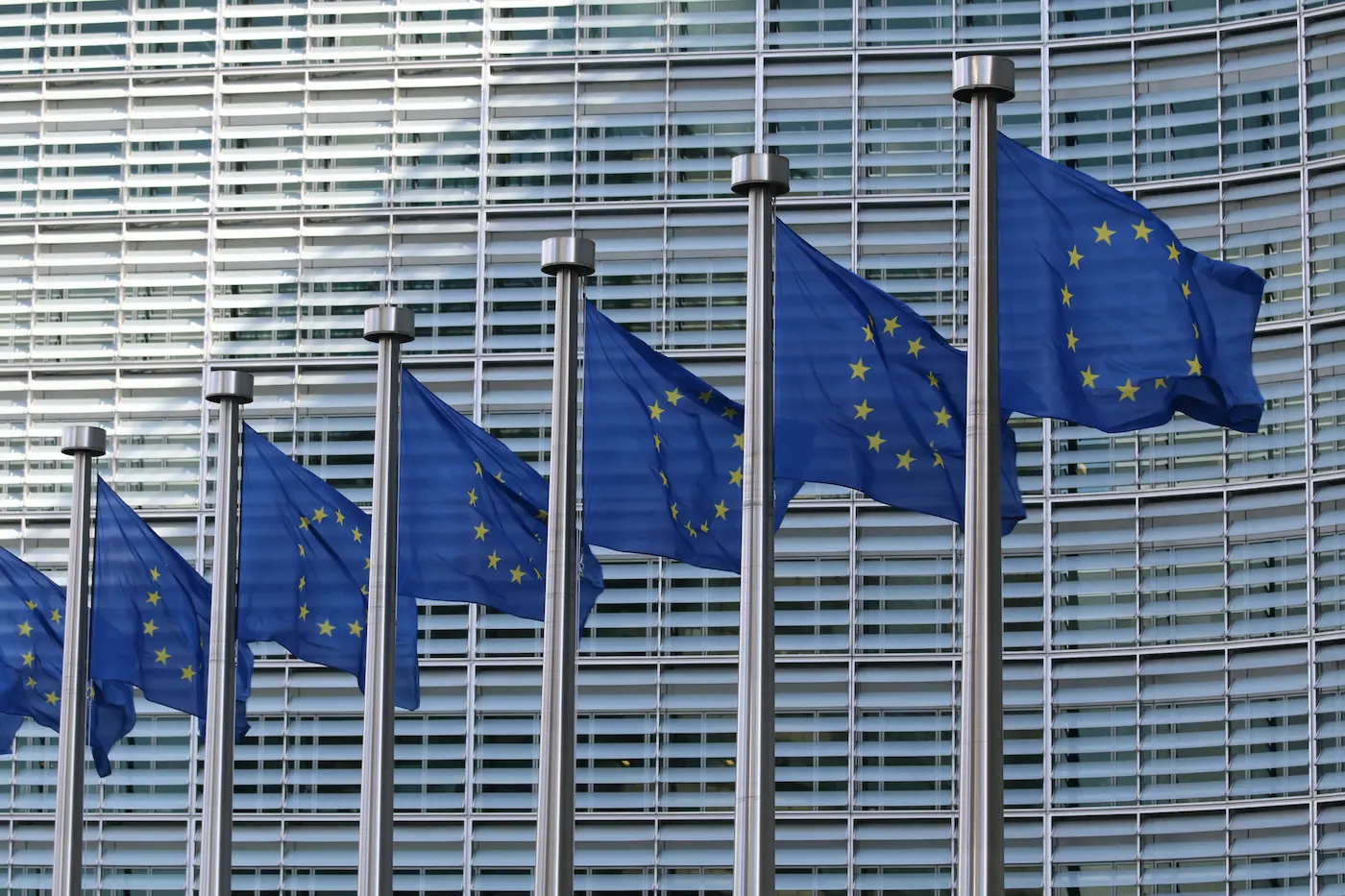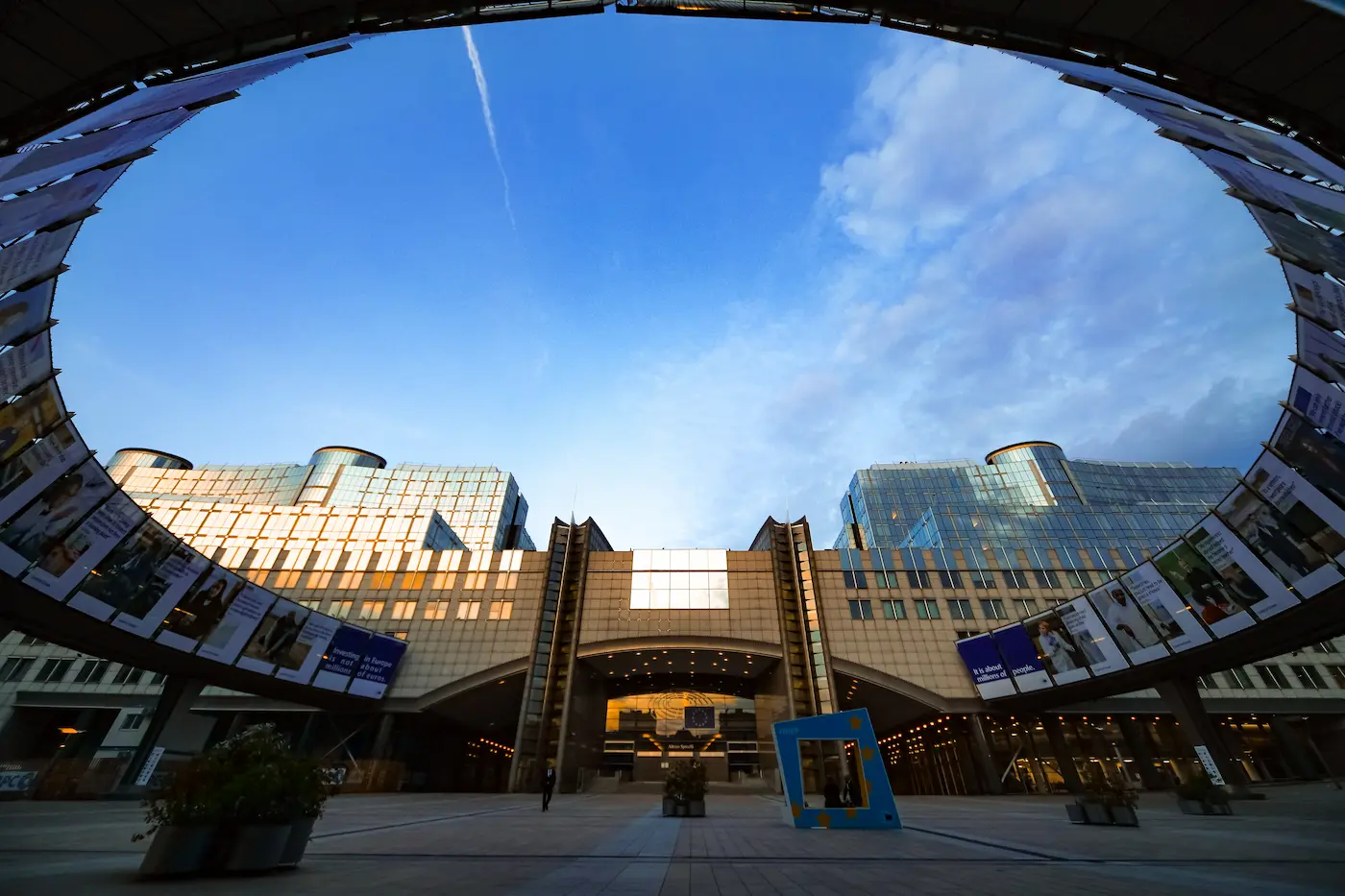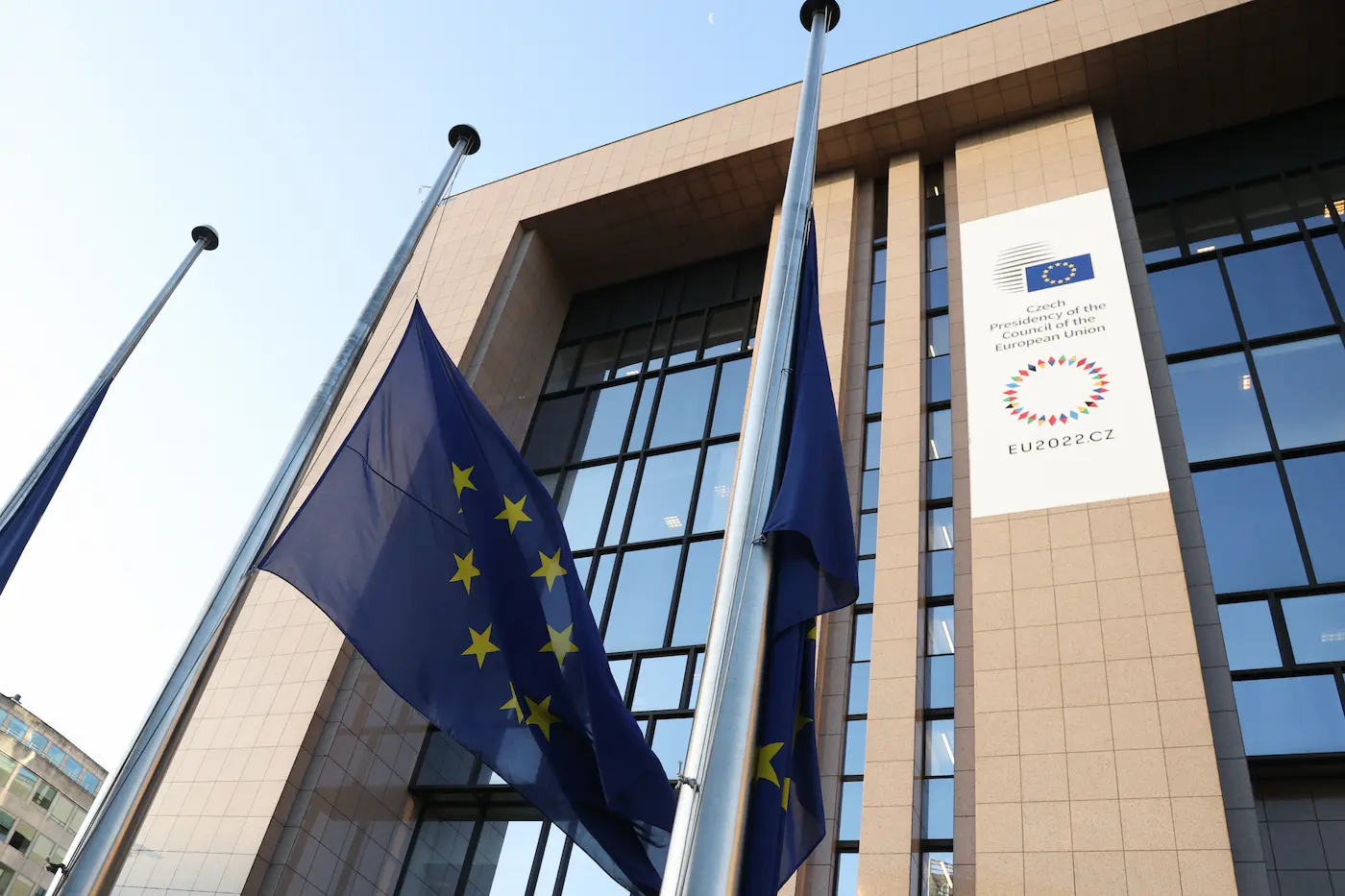
 So far, the European Commission is the most active institution dealing with sport at the European level. In the political system of the EU, the European Commission has the right to initiative.
So far, the European Commission is the most active institution dealing with sport at the European level. In the political system of the EU, the European Commission has the right to initiative.
The European Commission has the power to:
Moreover, the European Commission finances sport related projects and studies, provides secretarial support and expertise to the Council expert groups and engages in regular dialogue with sport stakeholders. The overall responsibility for sport falls within the Directorate General for Education, Youth, Sport and Culture (DG EAC) led by Commissioner Glenn Micallef from Malta. At the working level, sport related matters are dealt with by the “Sport Unit”. However, as sport is affected by other EU policy areas as well, other DGs such as Internal Market (DG GROW), Competition (DG COMP) or Employment and Social Affairs (DG EMPL) are of utmost relevance for sport as well.
 The Lisbon Treaty considerably strengthened the competences of the European Parliament. The European Parliament obtained new powers in budgetary matters and, in most policy areas, is involved in legislative decisions through ordinary legislative procedure. Article 165 requires the approval of the European Parliament in the case of “incentive measures” (e.g. funding programmes). The European Parliament must approve the vast majority of EU legislation as well. The European Parliament also has the power to:
The Lisbon Treaty considerably strengthened the competences of the European Parliament. The European Parliament obtained new powers in budgetary matters and, in most policy areas, is involved in legislative decisions through ordinary legislative procedure. Article 165 requires the approval of the European Parliament in the case of “incentive measures” (e.g. funding programmes). The European Parliament must approve the vast majority of EU legislation as well. The European Parliament also has the power to:
Other Committees may also be relevant, such as the Committee for Internal Market and Consumer Protection (IMCO) or Employment and Social Affairs (EMPL).
 With regard to sport the creation of the Sport Ministers’ Council was one of the major changes introduced by the Lisbon Treaty. In the political system of the EU, the Council - as the institution representing the national governments - convenes in different configurations, depending on the issue under discussion. The Sport Ministers’ Council brings together the ministers of the 27 EU Member States in charge of sports. Since September 2010, Sport is officially part of the Council configuration “Education, Culture, Youth and Sport”. Formal Council meetings are held twice a year. In addition, sport ministers also come together on a more informal basis. The Sport Ministers’ Council can adopt recommendations and “incentive measures”, such as a sport funding programme. For the latter, the approval of the European Parliament is required, as foreseen by the ordinary legislative procedure. Decisions of the Council of Sport Ministers are not legally binding for the Member States. Council Working Party on Sport The technical work is done in a special working group: the Council Working Party on Sport. The latter is composed of delegates from national ministries in charge of sports and specialised technical staff from the Member States’ permanent representations in Brussels. Its main role is to prepare the agenda of the Sport Ministers’ Council.
With regard to sport the creation of the Sport Ministers’ Council was one of the major changes introduced by the Lisbon Treaty. In the political system of the EU, the Council - as the institution representing the national governments - convenes in different configurations, depending on the issue under discussion. The Sport Ministers’ Council brings together the ministers of the 27 EU Member States in charge of sports. Since September 2010, Sport is officially part of the Council configuration “Education, Culture, Youth and Sport”. Formal Council meetings are held twice a year. In addition, sport ministers also come together on a more informal basis. The Sport Ministers’ Council can adopt recommendations and “incentive measures”, such as a sport funding programme. For the latter, the approval of the European Parliament is required, as foreseen by the ordinary legislative procedure. Decisions of the Council of Sport Ministers are not legally binding for the Member States. Council Working Party on Sport The technical work is done in a special working group: the Council Working Party on Sport. The latter is composed of delegates from national ministries in charge of sports and specialised technical staff from the Member States’ permanent representations in Brussels. Its main role is to prepare the agenda of the Sport Ministers’ Council.
OMC groups The European Union Work Plan for Sport (2024 – 2027) adopted by the Sport Ministers in 2024 introduced a new working format: the Open Method of Coordination. During the term of the Sports Ministers' Work Plan, a total of three OMC groups will be established: Fight against Hate Speech, Athletes' Rights, and Mental Wellbeing. Sports organisations may be invited to participate as observers.